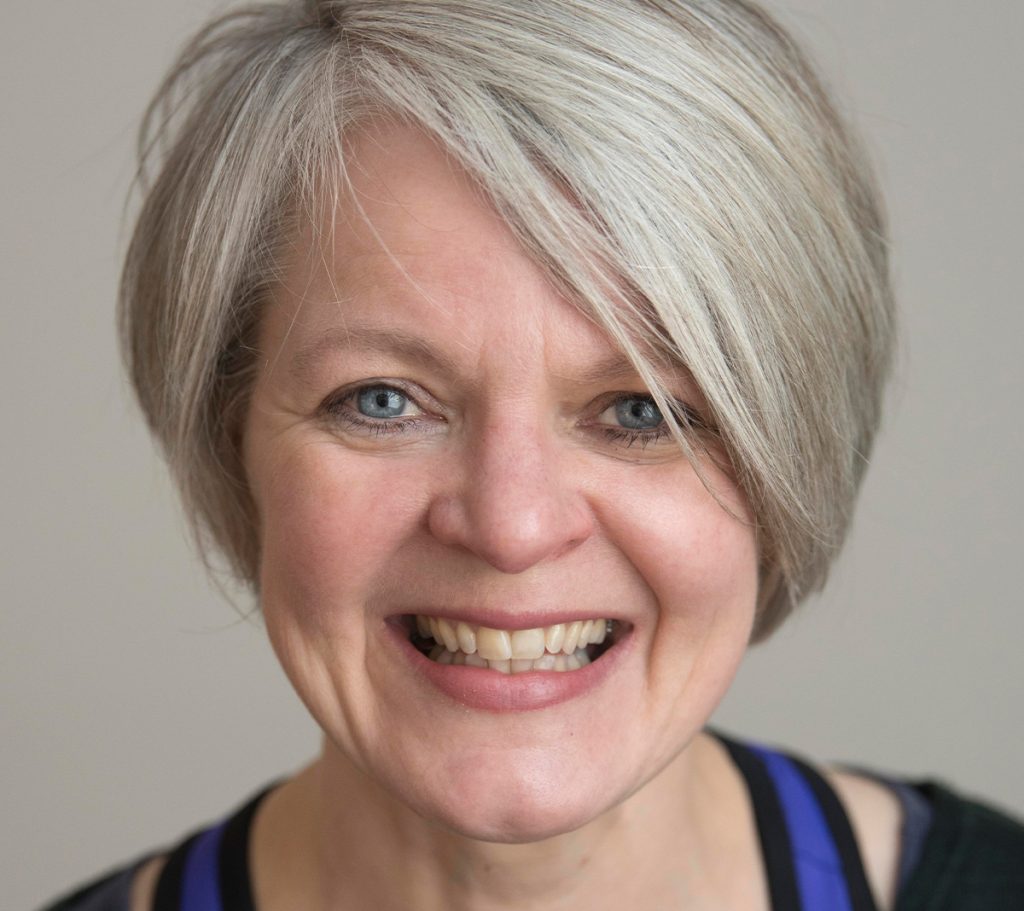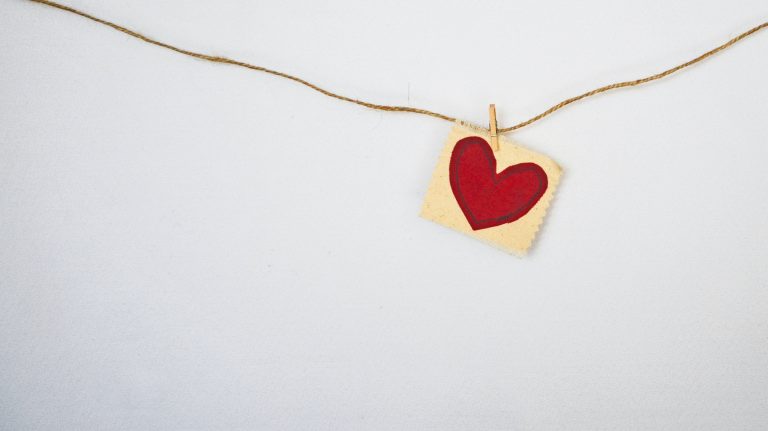Caroline Toshack, TRC Edinburgh, explains how living in lockdown may have distorted our image of ourselves. Has being disconnected from our friends and loved ones brought us to seek validation from other sources? Tune-in to your body and take these steps to reclaim your perspective.
Over these last few months, we’ve found ways to stay in touch and socially interact because our need to connect with others is a fundamental instinctual drive within us. This powerful need is hard wired into our system and we seek connection to experience feelings of safety, love, care and of being seen, valued and accepted. Lucinda has written recently about how our childhood experiences of being seen, or not, impacts our self-esteem and our acceptance, or not, of ourselves as we already are.
Trying to change ourselves to feel connected
A lack of self-acceptance can lead to us trying to change how we are in order to feel connected and seen. We seek validation from others that we are accepted, to feel that we belong, and we may do that by trying to emulate what we believe others admire or value in a person. For those with a negative body image, this can manifest in trying to look a certain way, or cover up what they don’t like about how they look. I wrote previously about what makes up our personal sense of body image, which you can read here.
Throughout history, cultures have revered different body shapes and sizes; from the Egyptians to the Rennaisance period, to the 1920s and through to the current day. In the last century in particular, this has changed rapidly, each decade bringing it’s own apparently ‘ideal shape’ around which fashion is formed. The increased speed of these shifts coincides with rapidly expanding marketing, consumerism and selling. Advertising feeds on our insecurities and the promise that if we could somehow look like a certain way, then we would feel better about ourselves.
“Perfectionism is a self destructive and addictive belief system that fuels this primary thought: If I look perfect, and do everything perfectly, I can avoid or minimize the painful feelings of shame, judgment, and blame.”
Brene Brown
In this age of social media, multi-channel television, 24-hour news and incessant advertising we are now constantly exposed to these messages. Even with healthy levels of self-esteem, it can feel overwhelming, impossible even, to know how to navigate through these continual messages about how we are apparently supposed to look.
Why you might be feeling worse about your body image
Life during the pandemic has brought new challenges to this conundrum.
Our increased lack of real contact has made us even more vulnerable to the messages around us. We may have used social media and television more to keep us feeling connected with others. Yet, it can also create increased anxiety and stress about how we might have been spending our time during the lockdown. Feeds and news stories have been filled with conversations around daily exercise, who’s eating what to keep healthy, and how we could be using ‘this opportunity to improve ourselves’.
It can lead to pressure to keep up with what we think everyone else is doing and a belief that just coping with getting through a pandemic is somehow not enough. Those who already had negative feelings about their body may find that these feelings are accentuated, and many who aren’t used to feeling insecure about how they look may be finding fault with their body or scrutinising their changing shape.
If any of this resonates with you then you may find these tips helpful:
- Accept that this is a unique time and that it will not last forever. History won’t look back on this time and care about how people looked or what they ate.
- Practice being kind to yourself. It’s ok for your body to change, and it is in no way representative of who you are as a person, nor how successfully you have coped with the pandemic.
- You are not alone in how you are feeling. Even though it may seem like everyone is creating their fittest form ever, the reality is that most are not.
- Follow feeds and stories that impact on you positively. If posts from influencers, or even your friends, leave you feeling bad about yourself then unfollow or at least mute them.
- Be aware that we only ever see a snapshot of someone’s life. We can never know the real story behind the posts and the pictures, and we have no actual idea how that person feels about them self. They may very well be trying to hide truths about themself from others.
- Talk about how you are feeling. It can feel incredibly vulnerable to do this and allow others to know how we feel or to let ourselves be seen as we truly are. Yet, it can be one of the most empowering things that we can do. And it can allow others to see and accept us as ourselves, cultivating a true sense of connection and belonging within us.

Author: Caroline Toshack
Movement Therapist & Eating Disorder / Body Image Specialist BSc




